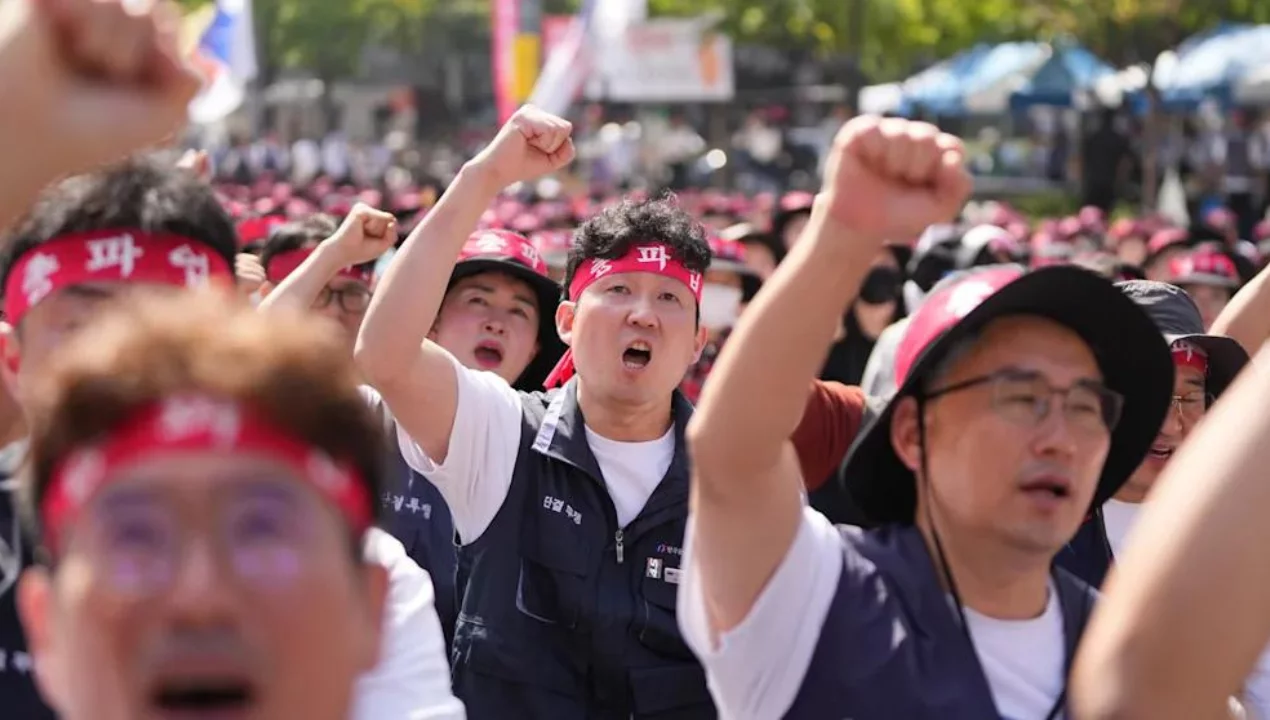
South Korean leader Lee Jae-myung stated the need for a "new political shift" to achieve a healthy balance between work and personal life, reports Bild. He substantiated this opinion with the results of an analysis entitled "Long working hours prevent young people from combining careers and families."
According to the study, a Korean worker works an average of 1874 hours per year - approximately 130 hours more than the average at the OECD level. Li Zhe Myong said that such a burden will not benefit either demography or the economy in the long term.
In this regard, the government plans to reduce the working week from 40 hours to 36 hours by 2030, and then gradually transition to a 4-day work week without reducing wages. A special working group has been created to implement this: it is developing a roadmap for reforms, including mechanisms for providing subsidies to enterprises.
Trade unions supported the initiative, calling it "the most effective key to mitigating the demographic crisis." The business wing is cautious: some manufacturers are worried that job cuts will negatively impact economic growth. Meanwhile, the Bank of Korea emphasized that its GDP growth forecast has dropped to 0.8%, the lowest since the 1998 Asian crisis.
Next to the problem is the birth rate. South Korea has the lowest rate in the world: an average of 0.75 babies per woman. The planned "short week" and flexible work schedules are expected to help young families manage time, childcare, and professional growth simultaneously.
In short, Seoul aims to improve people's quality of life while maintaining productivity in the workplace. Now the open question is how quickly and without violating the rules of the game new laws can be implemented.
Read “Zamin” on Telegram!Users of Меҳмон are not allowed to comment this publication.














